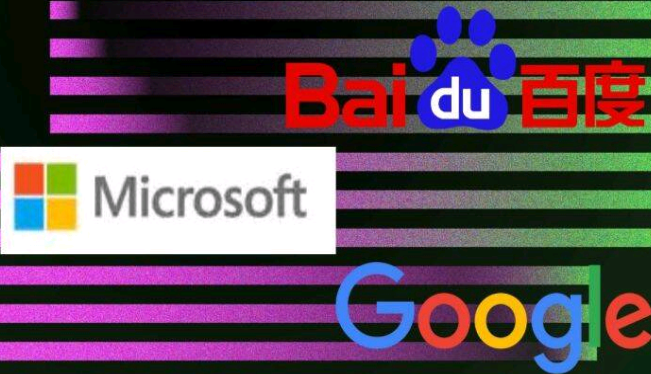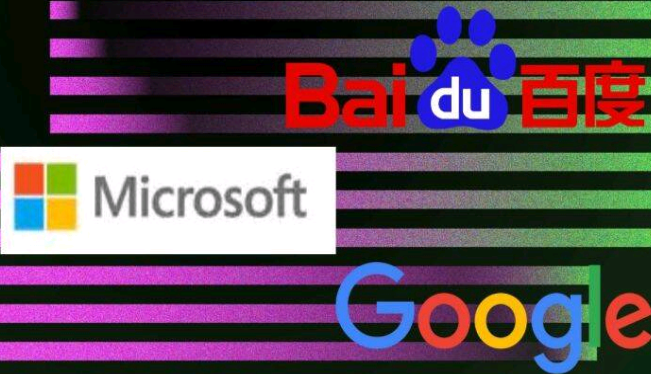When it was introduced, ChatGPT’s ability to break down complex problems and explain everything in a human-like manner led many to proclaim that Google’s days as the numero uno search engine are numbered. While that’s debatable, ChatGPT’s impact on the industry is undeniable.

Seeing the boundless potential of the technology, Microsoft is not only bringing out its investment guns but is also planning on integrating ChatGPT into its products. But, these are only a couple of examples – the impact of the AI chatbot is more reaching, and today we check out how the wider industry is responding to its advent.
Google ups the ante against ChatGPT
Where Google serves up a list of internet links in response to your queries, ChatGPT goes the extra mile in providing information in clear, simple sentences that are much easier to understand. Add to that the ability to generate content from scratch. While there’s still plenty of room for improvement, the technology and its potential has got Google on the edge. The company reportedly declared a “code red” fearing that the AI chatbot could disrupt its search business.A report from The New York Times states that Google has called in help from founders Larry Page and Sergey Brin to help fight the AI threat. The duo has reportedly approved plans and pitched ideas to add chatbot features to Google. They also offered advice to company leaders, who are altering existing plans and increasing investment in the development of AI. The company plans to launch over 20 new AI products and even showcase a version of Google with chatbot abilities.
However, even as the idea to include chatbot in search is new, Google will not be the first to do so when it does. Search engines like NeevaAI and You.com have already beaten Google at the game, although both are currently offering that service in beta. Meanwhile, Google is the current dominant search engine with billions of users and will likely only adopt the technology once it’s more confident in its accuracy.
This is apparent from the fact that Google already has been working on language model technology for years as part of its LaMDA (Language Model for Dialogue Applications) project, albeit in a less flashy manner.


